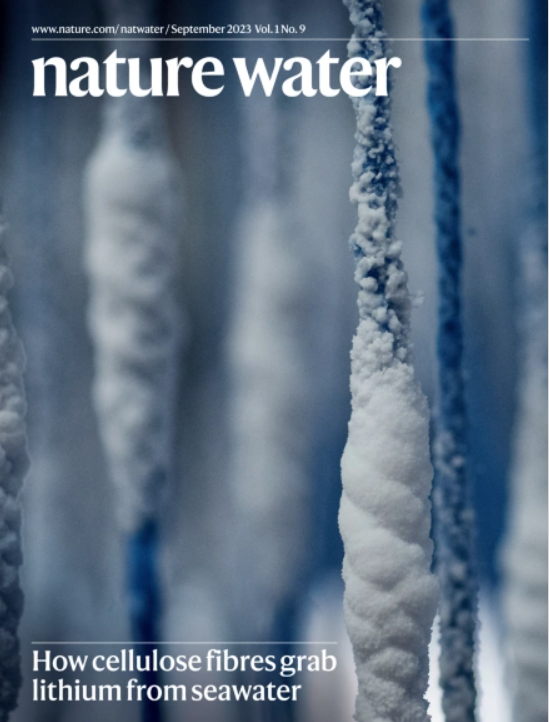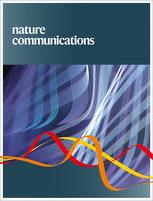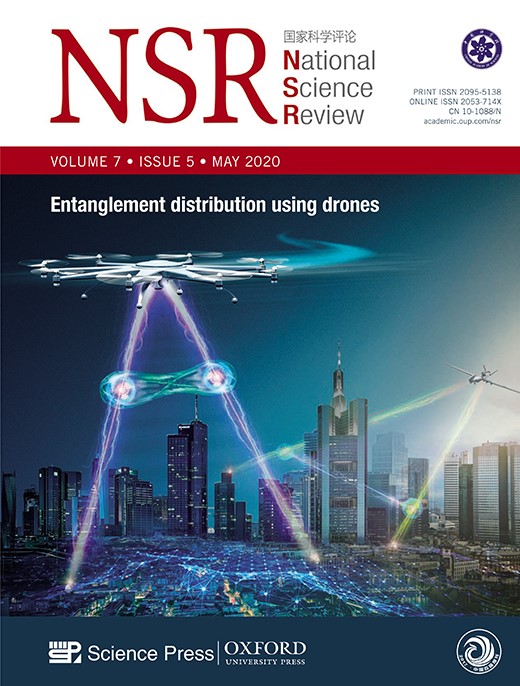
Yue Li
Assistant Professor, Department of Geography
University of California, Los Angeles (UCLA)
Contact: yli [at] geog [dot] ucla [dot] edu
Lab research directions:
Tropical terrestrial ecosystem, ecohydrology, wildfires, climate extremes, Earth system models, natural climate solutions, land use
Recent News
- Yue’s first solo-author review paper published in New Phytologist! October 12, 2024
- Check out our newest Nature Water paper! September 22, 2023
Categories
Life traveller
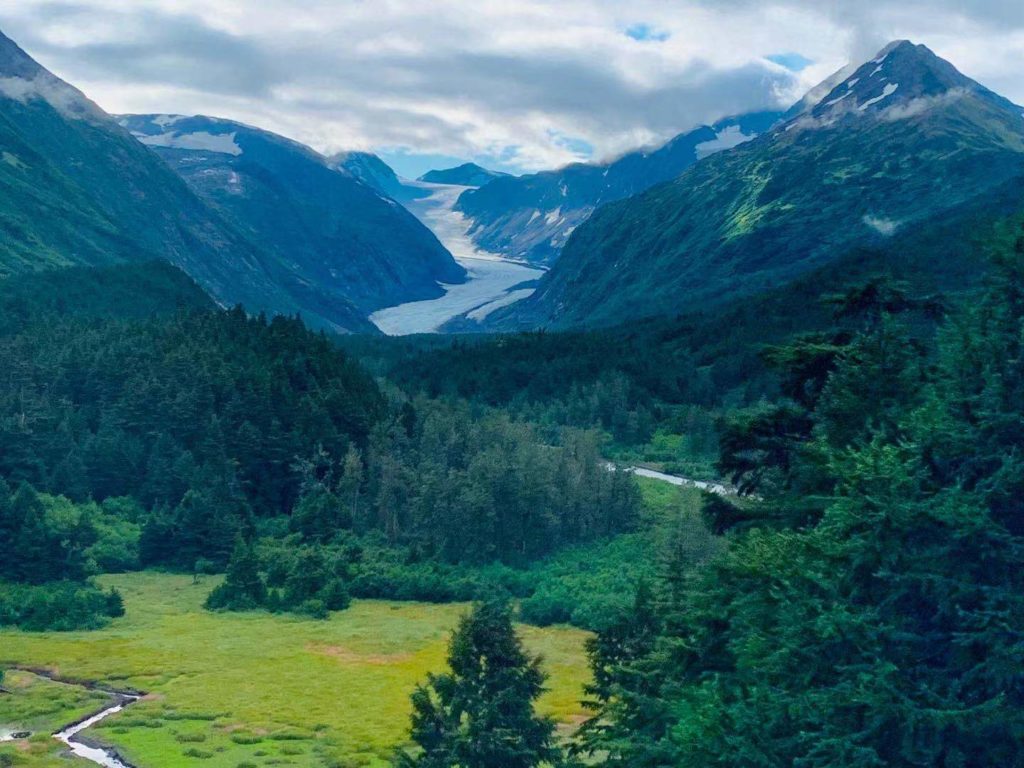

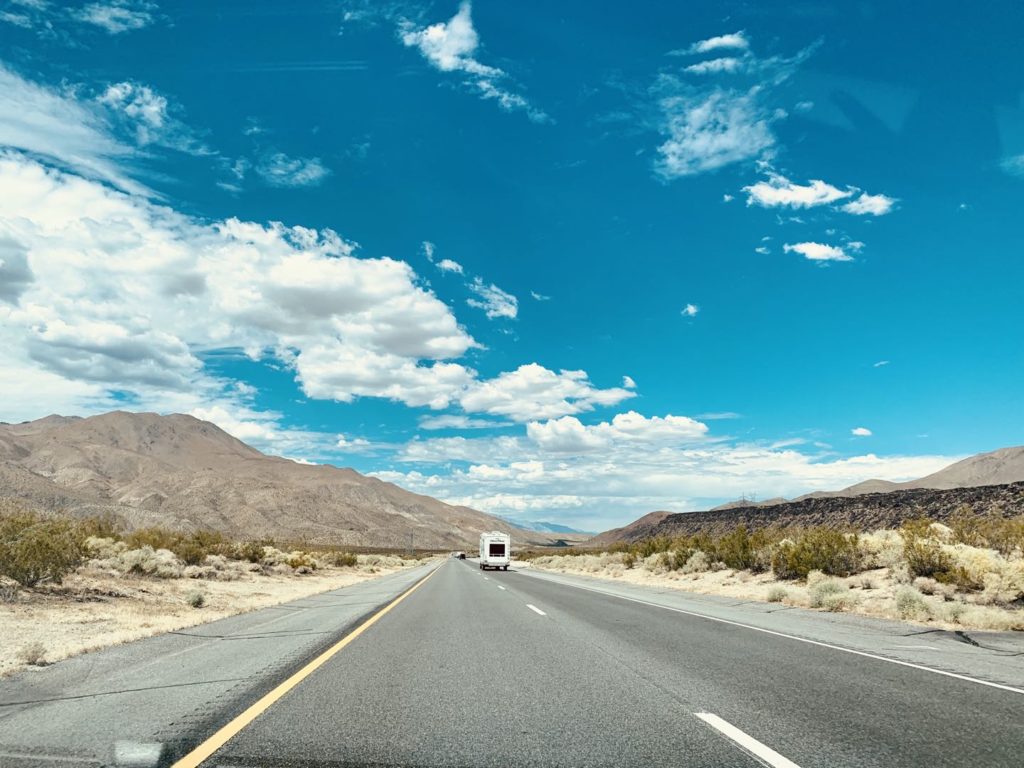
Publication Highlights
Climate feedback of plant physiological responses to increasing atmospheric CO2 in Earth system models (pdf), Oct 2024
Yue Li
CO2 fertilization is widely thought to cause negative carbon feedback through increased short-term photosynthesis and water use efficiency. I review the recent advances in the Earth system model simulated climate feedback from CO2 fertilization and propose potential positive feedback, through which rainfall deficit, temperature warming, and wildfire risks from the climate effect of declined stomatal conductance could contribute to carbon loss in biomass.
Future increases in Amazonia water stress from CO2 physiology and deforestation (pdf, media), Sep 2023
Yue Li, Jessica C. A. Baker, Paulo M. Brando, Forrest M. Hoffman, David M. Lawrence, Douglas C. Morton, Abigail L. S. Swann, Maria del Rosario Uribe, James T. Randerson
Understanding different drivers of regional hydroclimate change and reducing uncertainty in future projections is critical. We disentangle the effects of CO2 physiology and deforestation on projected precipitation, surface relative humidity, and air temperature in Amazonia using multiple Coupled Model Intercomparison Project Phase 6 experiments.
Deforestation-induced climate change reduces carbon storage in remaining tropical forests (pdf, media), Apr 2022
Yue Li, Paulo M. Brando, Douglas C. Morton, David M. Lawrence, Hui Yang, James T. Randerson
Warming and drying from deforestation could amplify carbon storage losses in tropical remaining forests. Here we combine the Earth system models and satellite data, for the first time, to report this value to be extra 5.1% in the Amazon and 3.8% in Congo as compared to the direct biomass loss from deforestation.
Deforestation Strengthens Atmospheric Transport of Mineral Dust and Phosphorus from North Africa to the Amazon (pdf), Aug 2021
Yue Li, James T. Randerson, Natalie M. Mahowald, Peter J. Lawrence
A pair of idealized Earth system simulations show that atmospheric dust and phosphorus transport could be strengthened by 27% from North Africa to the Amazon, due to weakened but poleward shifted Hadley cell, triggered by the biophysical climate effect of tropical deforestation.
Local and teleconnected temperature effects of afforestation and vegetation greening in China (pdf), May 2020
Yue Li, Shilong Piao, Anping Chen, Philippe Ciais, Laurent Z X Li
A combination of forest inventory, satellite data, and a coupled model show that 30-year increase in forest cover & vegetation greening in China has mitigated 25% spring warming regionally and may contribute to a dipole temperature change pattern in spring for cooling in the North America Arctic and warming in the Asia Arctic.
Divergent hydrological response to large-scale afforestation and vegetation greening in China (pdf), May 2018
Yue Li, Shilong Piao, Laurent Z X Li, Anping Chen, Xuhui Wang, et al.
A combination of forest inventory, satellite data, and a coupled model allow for the first time the vegetation-induced precipitation feedback. Afforestation and greening-caused increase in precipitation, although not statistically significant, could supply enough water to cancel out increased evapotranspiration and potential soil moisture drought in Northern China.
Comment on “Satellites reveal contrasting responses of regional climate to the widespread greening of Earth” (pdf), Jun 2018
Yue Li, Zhenzhong Zeng, Ling Huang, Xu Lian, Shilong Piao
We comment on a recent Science Article as they have incorrectly attributed a regression-based result to boreal vegetation feedback to temperature. We show that the regression results still hold even without considering the vegetation feedback but only the inverse climate effect on vegetation in the boreal high latitudes.

